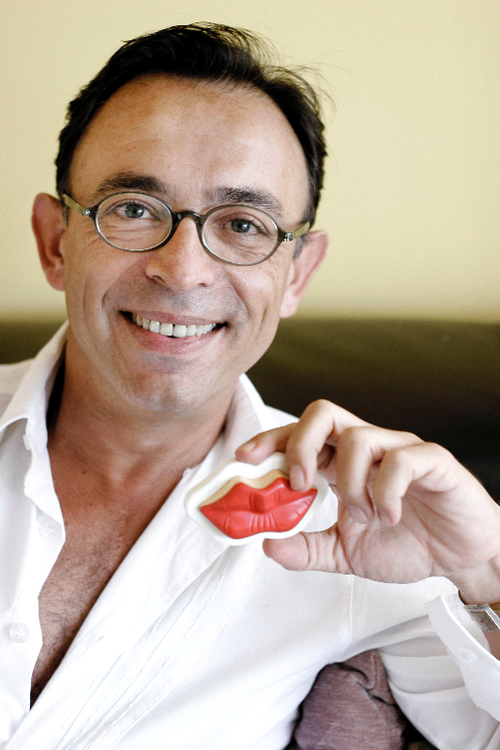
Kaya Genç on Mehmet Murat Somer’s “Turkish Delight” Series
Computer programmers with an expertise of baroque music are not among the most popular protagonists of Turkish literature. And Turkish novels, for that matter, are not usually dominated by transvestite detectives who work at special clubs at night and do kickboxing the first thing in the morning. But maybe that is to be expected in a country where transgendered persons are often victims of hate crimes; rather than, like Burçak Veral, the protagonist of Turkish novelist Mehmet Murat Somer’s six volume long “Turkish Delight” mystery series, the sleuth who solves them.
Veral listens to Satie’s “Gnossiennes” to ease his mind polluted by the demands of the philistine and macho customers of his club and the memories of murdered transvestites who work for him. An intellectual who describes his stream of consciousness with the odd scholarly reference to Natalie Sarraute, Veral sips his fennel tea at home, and adores two international stars more than anyone else: Audrey Hepburn, whose chic style he imitates in his own life; and the Colt Studio model John Pruitt, whose stained boxer shorts Veral bids on in an auction to show his appreciation of Pruitt’s muscular physique.
What makes Turkish Delight mysteries so delightful to read is not a surreal representation of Turkey, or, for that matter, a Turkified adaptation of hysterical realism. On the contrary, the series is intensely realistic. Yes, realistic: unlike many serious, realist Turkish novels of big ideas, which are filled to the brim with culturally and politically loaded characters representing what they suppose to be the country’s divided soul, Somer’s seemingly frivolous and light fictions expose the eccentric, and awesomely weird nature of Turkey in all its strangeness. They are, also, roman-à-clefs where numerous Turkish intellectuals, authors and artists parade in scenes depicting Istanbul’s bohemian quarters. As I finished the fourth volume in an Istanbul cafe last month, I had no doubt that the world Somer has been meticulously describing in the series for my reading pleasure was authentic and “Made in Turkey—one hundred percent!” as we say here, for local products.
Somer does a fine job of painting a portrait of a country that can be very hypocritical when it comes to issues of sexuality and morality. Men and women here say one thing and do another; they desperately want to realize their fantasies but feel obliged to repress and hide them when the moment of taking action arrives.
Somer gently brings us into this world of sexual opportunities and repression. Gigolo Murders opens with the morning ritual of the sleuth: he enjoys his morning coffee (“mind you, what I call ‘morning’ is what ordinary people refer to...
You have reached your article limit
Sign up for a digital subscription and continue reading all new issues, plus our entire archives, for just $1.50/month.
Already a subscriber? Sign in




